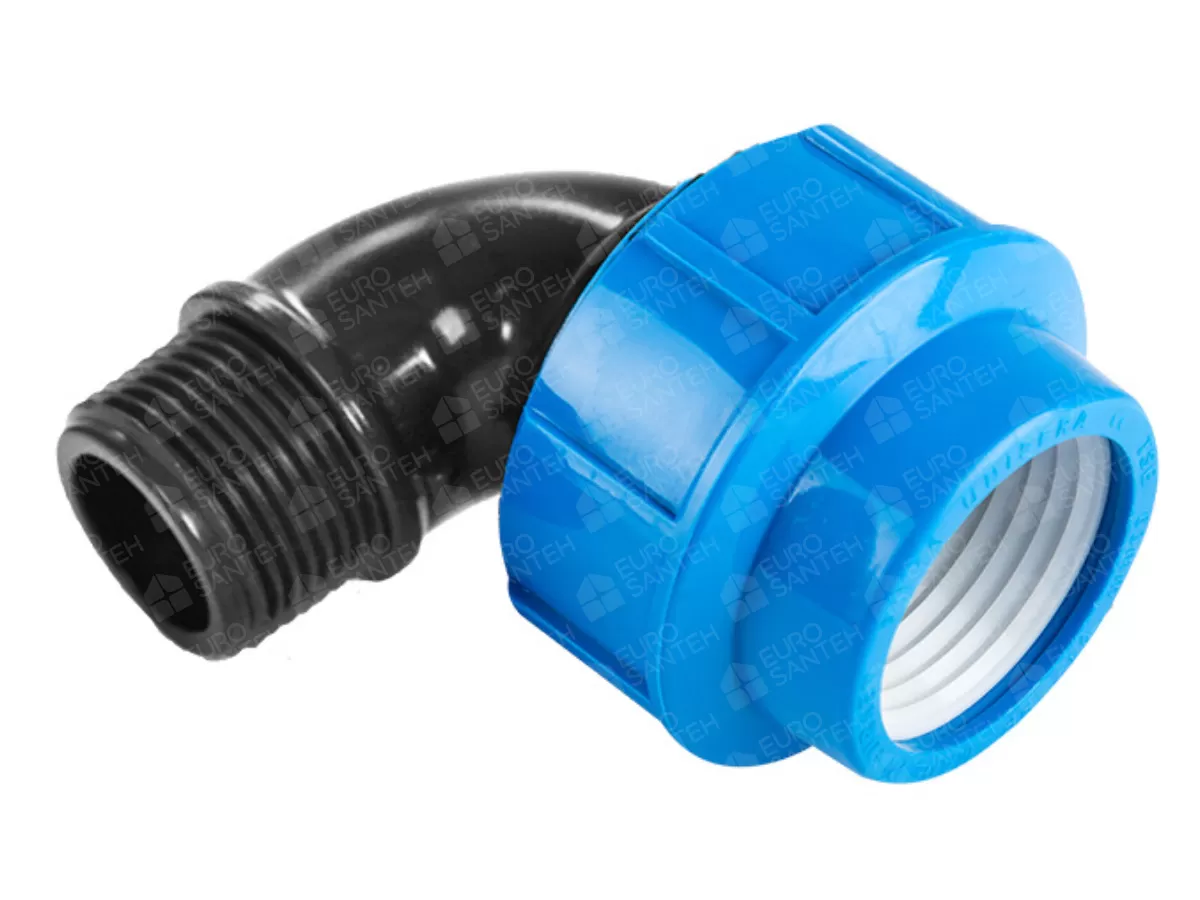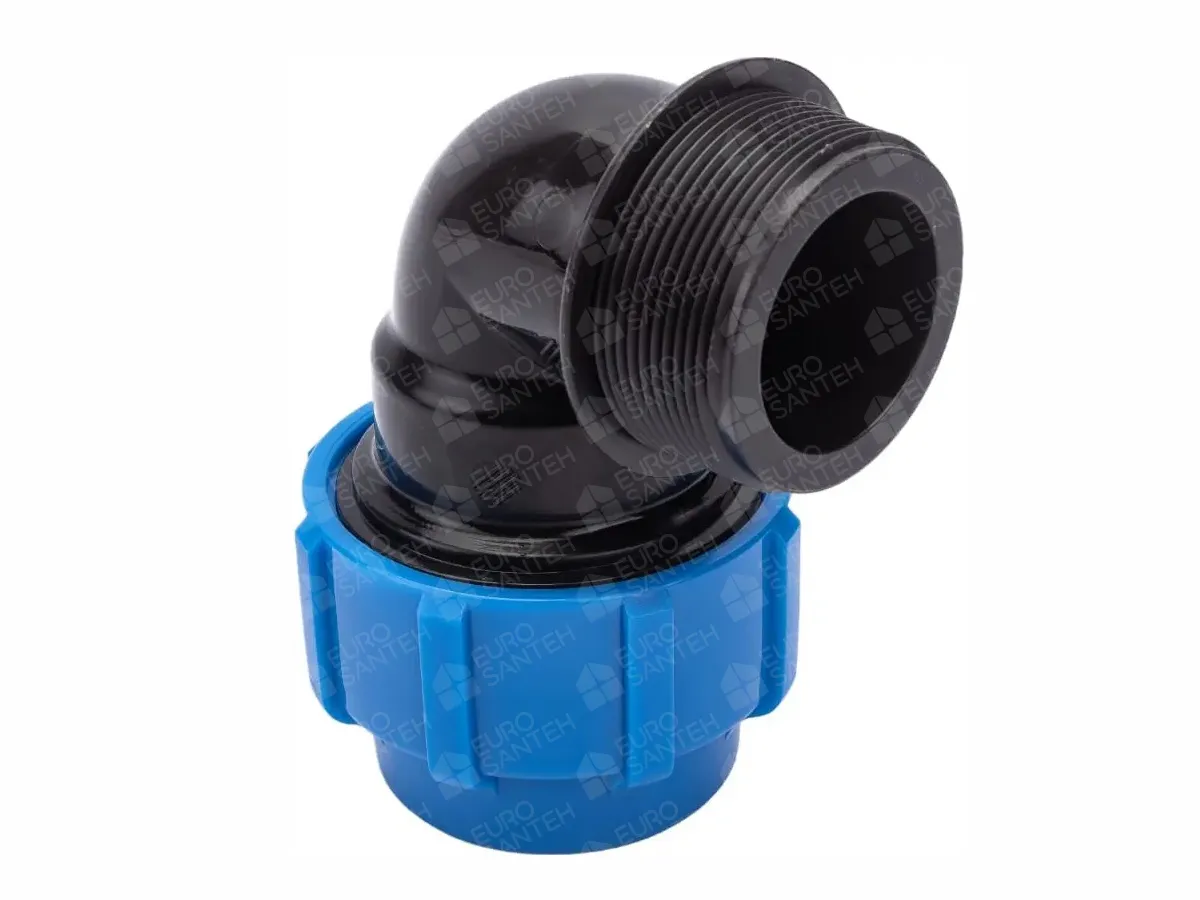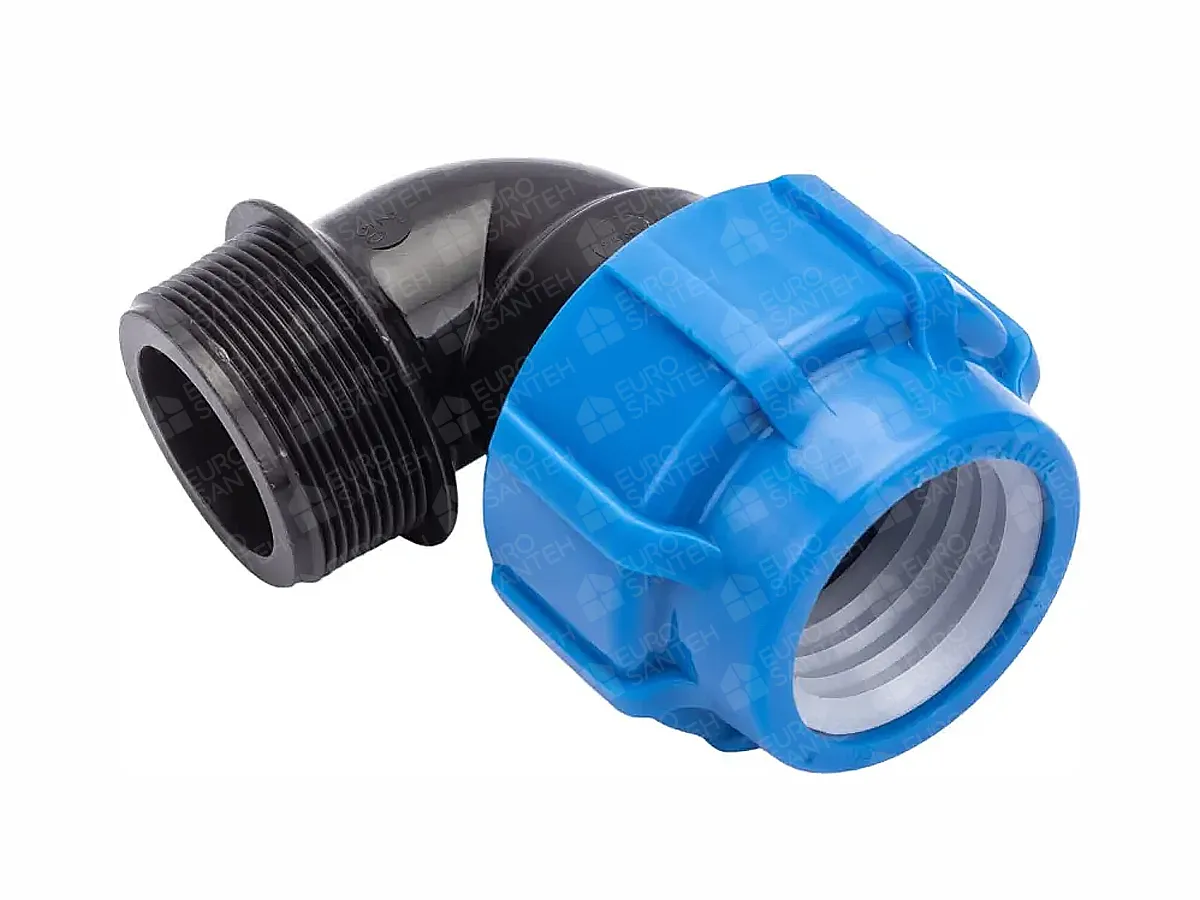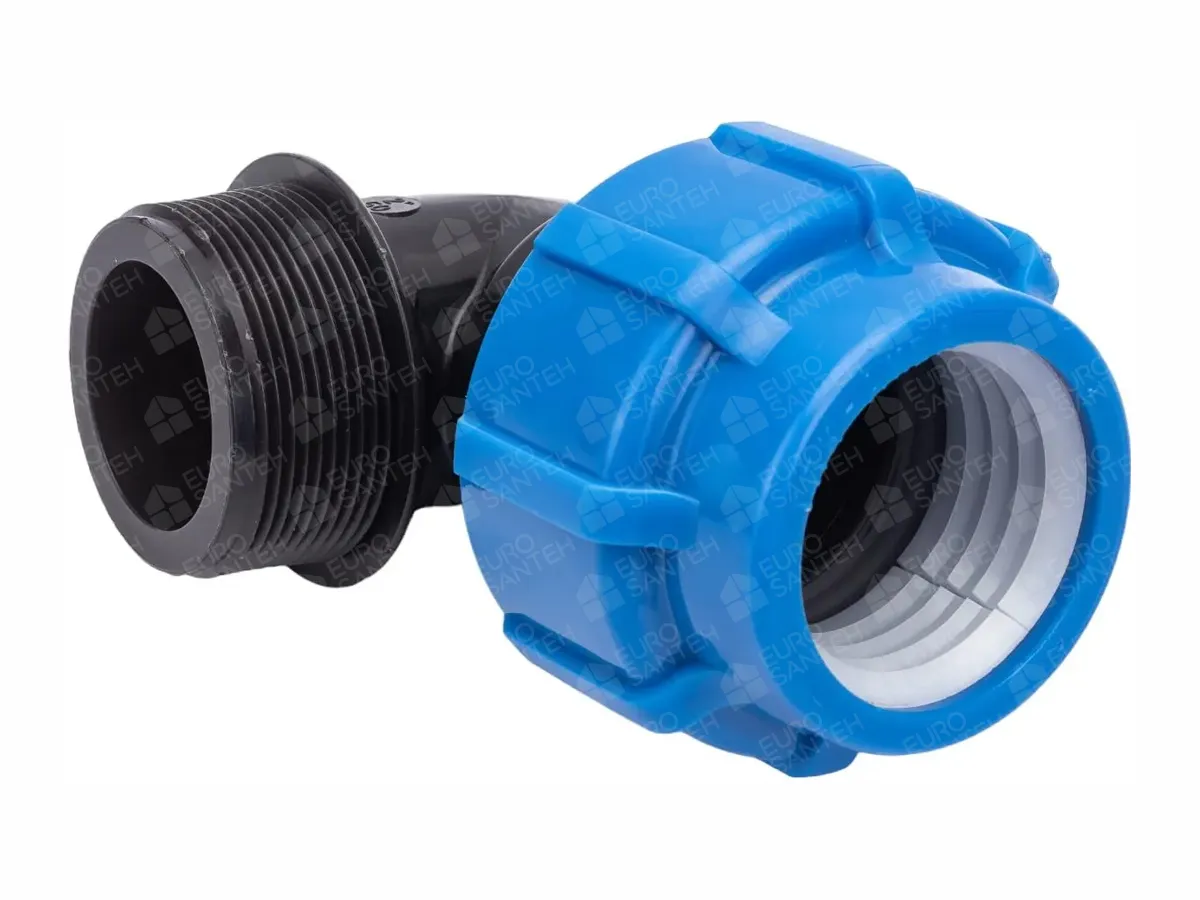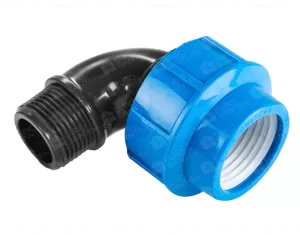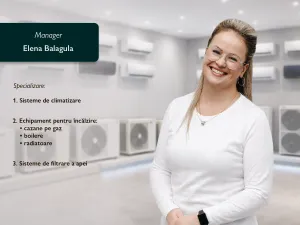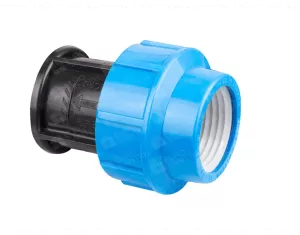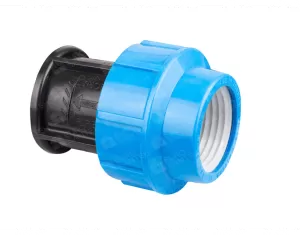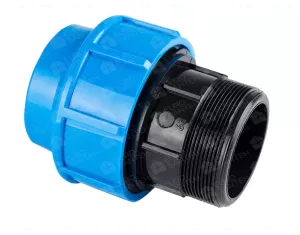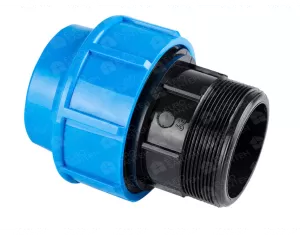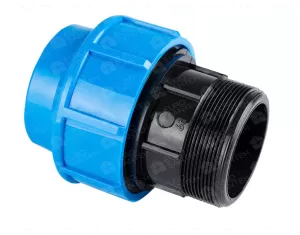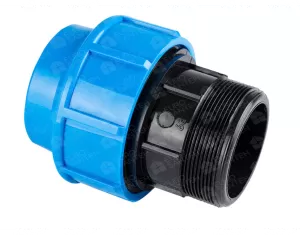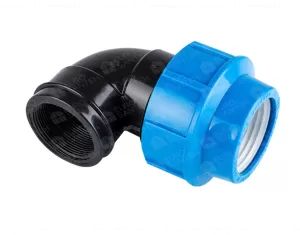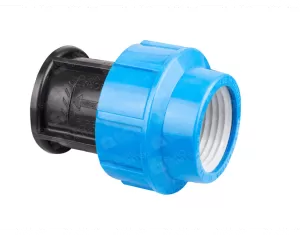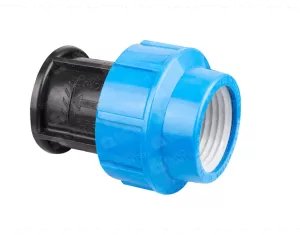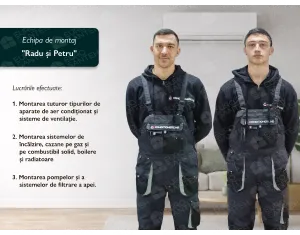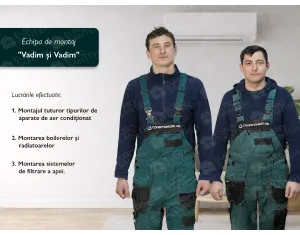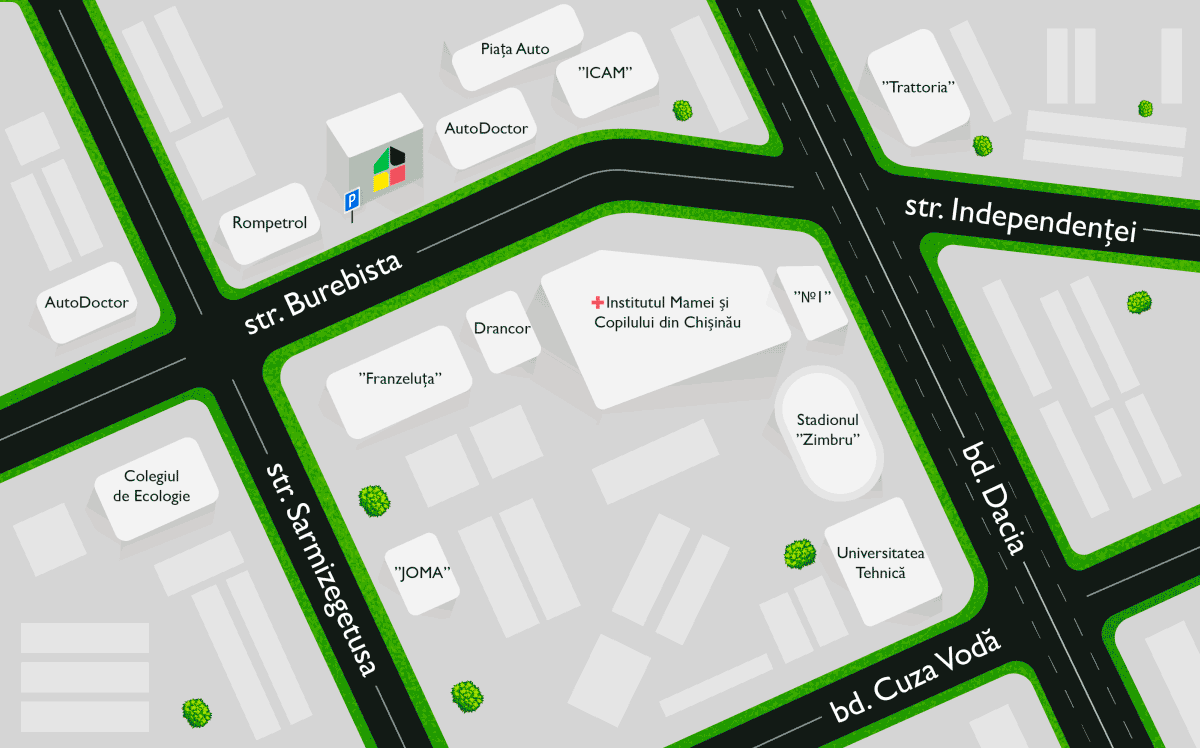Polyethylene clamping angle PN 6 bar, d. 32 x 1.1/4 (male)
The pass-through compression elbow is an important element of fluid distribution systems and is used in a variety of industrial and residential applications. It is designed to direct the flow of fluid from one point to another, ensuring efficient operation of the system.
General characteristics:
Type: Compression Elbow with Passage.
Entry diameter: 1.1/4 inches.
Outlet diameter: 32 mm.
Pressure: 6 bar.
External thread.
Material: Polyethylene.
The compression elbow with passage is made of polyethylene, a material known for its corrosion resistance and durability. This makes it ideal for use in a variety of environments, from industrial to consumer applications.
Importance of diameter and pressure:
The inlet and outlet diameters as well as the maximum operating pressure are the key characteristics of this elbow. The 1.1/4-inch inlet diameter indicates its ability to handle a significant volume of liquid. At the same time, the outlet diameter of 32 mm ensures efficient removal of liquid from the pipeline system.
An operating pressure of 6 bar is an important factor to ensure proper operation of the system. It is important that the elbow can withstand the pressure it is subjected to during normal use to avoid leaks or breakage.
Versatility and reliability:
The Compression Elbow with Pass-through is designed for versatile and reliable use in a variety of applications. Its ability to handle moderate pressure makes it suitable for use in water supply systems, irrigation systems, compressed air systems and many others. Its reliability is ensured by durable materials and robust design.
Conclusion:
In conclusion, the compression elbow with passage is an integral part of modern fluid distribution systems. Features such as suitable diameter, pressure rating and durable material make it an ideal choice for a wide range of applications. Designed for high performance and reliability, this elbow ensures efficient and trouble-free operation of the system in which it is installed.
| Scope of application: | Cold water supply |
| Type: | Compression elbow |
| Diameter, mm: | 32 |
| Diameter, inch: | 1.1/4 |
| Tip filet: | External thread |
| Body material: | Polyethylene |
| Color: | Black/Blue |
| Maximum working pressure, bar: | 6 |
| Temperatura maxima apa, °C: | +40 |
